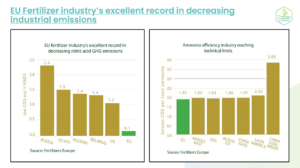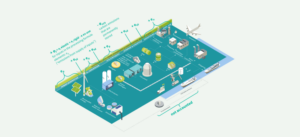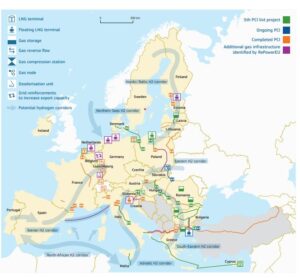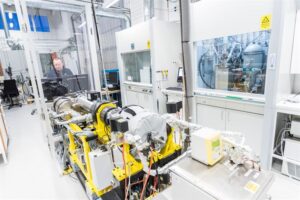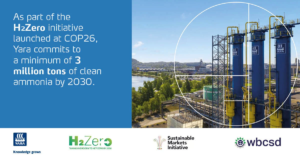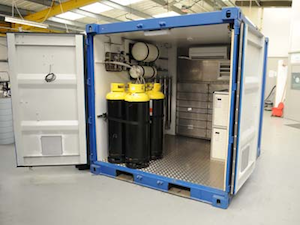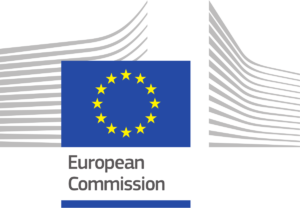
The European Commission has signed strategic partnerships with three countries at COP27: Namibia, Kazakhstan and Egypt. Key cooperation areas include boosting the rollout of renewable energy generation for hydrogen production, and European investment to finance renewable hydrogen production. Also in Sharm el-Sheikh, German Chancellor Olaf Scholtz announced the first tender process for H2Global will shortly commence, with a further €4 billion to be invested into the pay-for-difference initiative.

